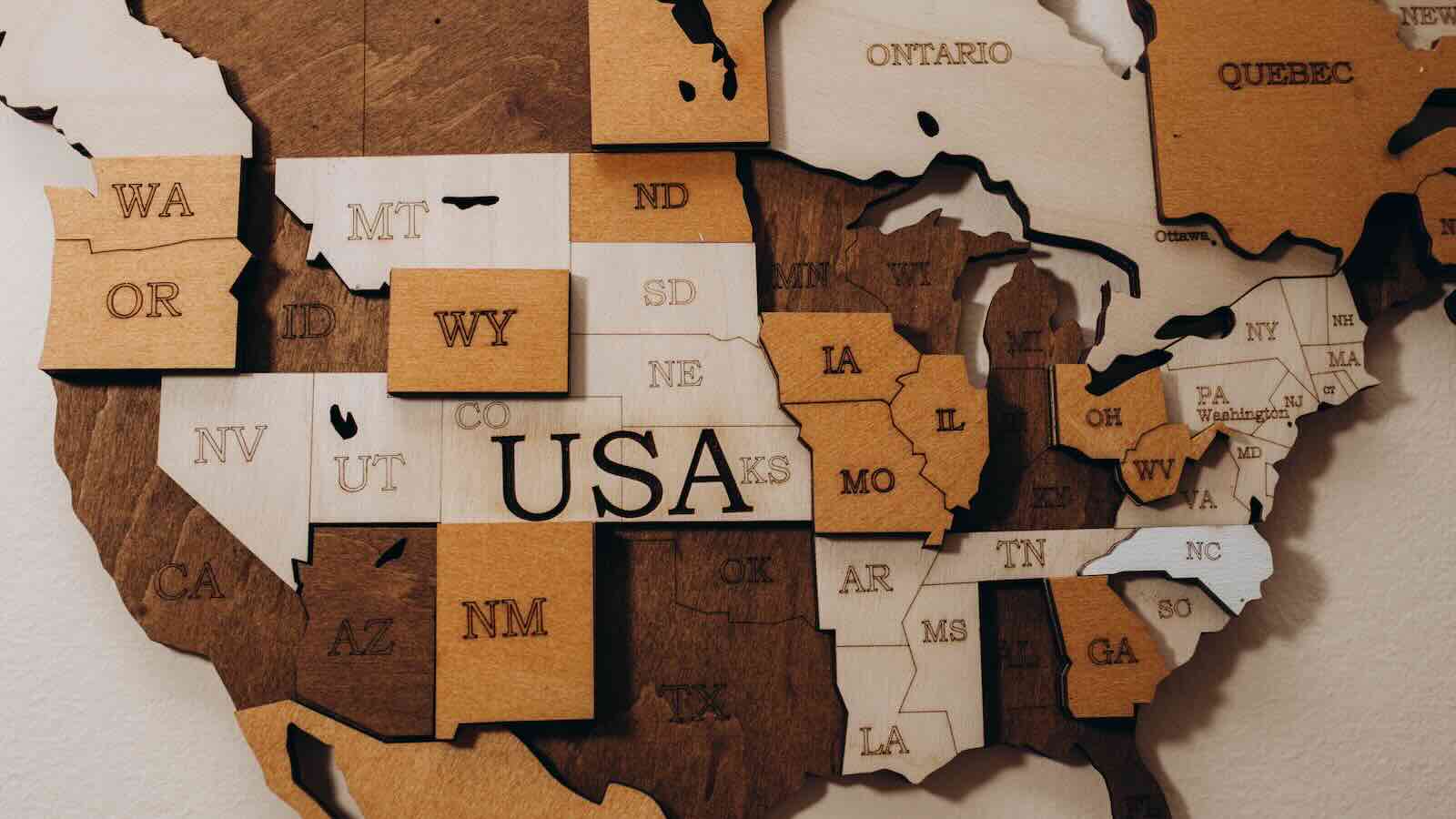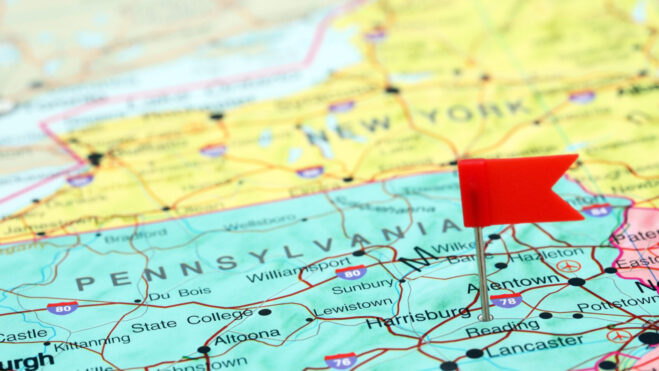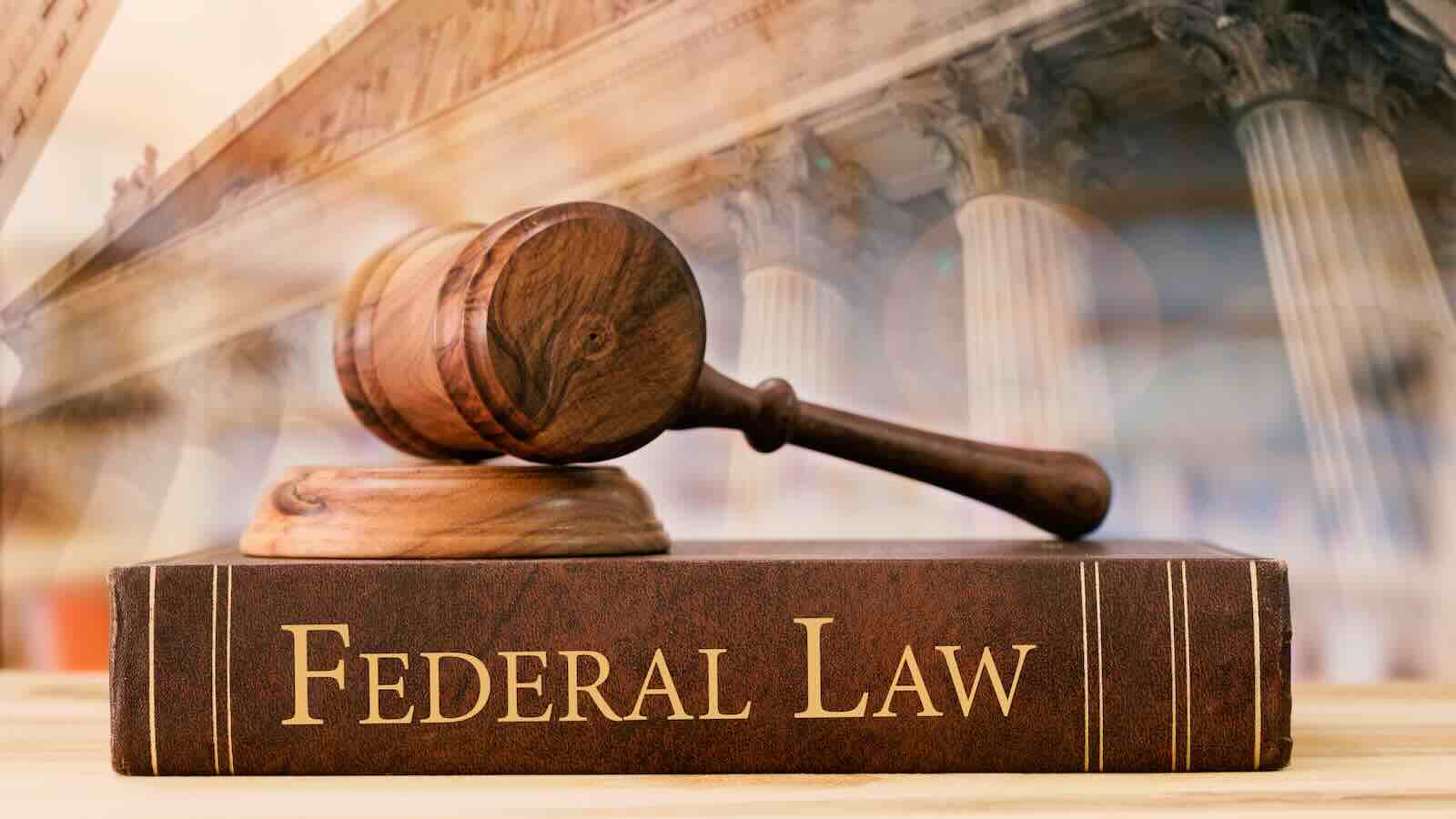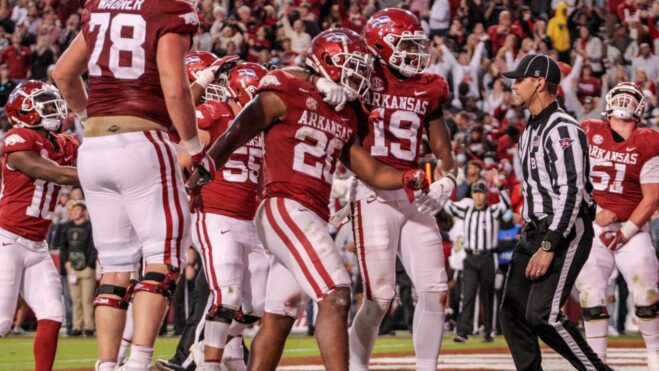Legislative Round-Up: The Taxman Cometh (Again), Sweeps Scrutiny Abound, And Aloha
This week’s legislative roundup spans the nation as Ohio may double sports betting tax rates and multiple states are considering laws to ban sweepstakes casinos
5 min

If it is February, it must be time for legislative action. Internet casino and mobile sports betting bills are being filed and debated nationwide. Casino Reports continues to follow all the statehouse action as 2025 has the potential to be a big year in the gaming industry.
Doubling down on doubling down
Ohio Gov. Mike DeWine has called for a second doubling of the state’s sports betting tax rate in less than two years, this time seeking a 40% rate as part of his Fiscal Years 2026-27 budget released Monday.
DeWine was successful in getting the state Senate to add language to double the rate from 10% to 20% for FY 2024-25, something he pushed for almost immediately after launch in January 2023. Ohio generated an estimated $181 million in state tax revenue from sports betting in the 2024 calendar year, a year-over-year increase of more than $47.4 million after the 20% rate took effect July 1, 2023.
The Ohio governor’s call to again double tax rates on sports betting operators this time centers around funding sports stadium projects. The Cleveland Browns have unveiled plans to build a $2.4 billion domed stadium in suburban Brook Park, while Hamilton County officials are working with the Cincinnati Bengals on a proposed $1.25 billion renovation of Paycor Stadium.
DeWine’s budget projects $288 million in tax revenue with the increase over the next two years, though that may wind up being a conservative figure given Ohio collected $93.6 million in receipts the first six months of FY 2025-26. The governor’s proposal would allow up to 40% of sports betting tax revenues to be put towards those stadium project costs.
The existing roster of Ohio operators are surely pushing back, and perhaps feeling duped, after allocating resources (namely, money) within the state based on one tax matrix, only to have it potentially doubled a second time in two years.
Sweepstakes casinos under scrutiny
Lawmakers in Connecticut and Maryland have introduced bills to ban so-called sweepstakes casinos as debate lines over legalization and regulation continue to be drawn nationwide.
Connecticut lawmakers have introduced Senate Bill 1235 to ban the platforms, and propose to make such activity a Class D felony. Connecticut is home to a de facto duopoly for state-regulated iGaming with FanDuel and DraftKings both operating online casinos within the state. The pair generated $537.4 million in gross revenue in 2024, and the state collected $82.2 million in tax receipts.
Says the lobbying group Social and Promotional Games Association (SPGA) regarding SB 1235, which is vehemently opposed:
The Connecticut bill is yet another unfortunate example of anti-competitive special interests bending lawmakers to their will at the expense of innovation, small businesses, and the millions of American adult consumers who enjoy the safe and engaging mobile games social casinos offer.
The bottom line: No legislature should dictate to American adults what they can and can’t do on their phones. Outlawing free-to-play mobile games is a shocking overreach that is an insult to the voters of Connecticut. What app will they come for next?
Properly-operated sweepstakes are legal. SPGA members offer safe, responsibly-operated social games that never require a purchase to play or to win a prize. So, who are lawmakers seeking to protect here? No one but the entrenched casino lobby, who only win when consumers lose.
In Maryland, State Sen. Paul Corderman introduced Bill SB860 at the end of January, and it was referred to the Budget and Taxation Committee on first reading. The bill is two-pronged: It would ban sweepstakes casinos and compel the forfeiture of a license by any supplier or affiliate that promotes casino sweepstakes in the state.
The SPGA has hit back at Corderman’s bill in another statement:
The Social and Promotional Games Association emphatically rejects the Maryland General Assembly Bill’s conflation of social sweepstakes with products that operate in illegal markets.
This misguided legislation threatens to criminalize a marketing tool utilized daily by thousands of American businesses to promote everything from coffee to cheeseburgers to cryptocurrency.
Social casinos with sweepstakes prizes are a legal form of entertainment enjoyed by millions of American adults. SPGA members operate within the laws governing sweepstakes promotions and uphold the highest standards of compliance, transparency, and consumer protection.
This bill is another unfortunate example of anti-competitive special interests bending the legislature to their will at the expense of innovation, small businesses, and the millions of consumers who enjoy the safe and engaging mobile games offered by social casinos.
Also in Maryland, the Budget and Taxation Committee last week debated Sen. Ron Watson’s bill to legalize internet casino gaming. During the hearing, National Council of Legislators from Gaming States (NCLGS) president Shawn Fluharty demonstrated the ease of availability of sweeps casinos on his mobile phone during testimony while pointing out the state receives no tax revenue from those operators.
Mississippi machinations
Mississippi legislators are multitasking when it comes to gaming. They are again trying to expand sports betting into the mobile marketplace and potentially join other states in banning sweepstakes casinos.
The lower chamber easily passed HB 1302 by an 89-11 count Monday, moving it to the Senate. The bill filed by State Rep. Casey Eure, who also chairs the House Gaming Committee, would allow casinos to have up to two online skins for mobile sports betting.
Eure’s bill also contains a provision that the first $6 million in annual tax receipts through June 2030 would be deposited in a “Sports Wagering Protection Fund” in which casinos that opt out of sports betting would be eligible to receive funds. Eure noted his bill will likely head to conference, where the Senate could add amendments for consideration.
Mississippi sports betting handle declined only 4.6% in 2024, but year-over-year revenue plunged 18.8% to $41.6 million. That contributed to a drop of $1 million in tax receipts to an estimated $5.1 million.
On the sweepstakes casino front, the House Judiciary Committee passed a substitute bill to SB2510 that would ban online sweeps. Each violation would carry a $100,000 fine or a prison term with a maximum sentence of 10 years, or both a fine and imprisonment. The bill now awaits a full hearing on the House floor.
Georgia lawmakers want gaming referendum
Four Republican Georgia state senators have authored a resolution to create a statewide referendum to establish online sports betting and casino gambling. If SR131 is passed, the amendment would allow the Georgia General Assembly to regulate and tax sports betting and casino gaming.
State legislators would create the Georgia Gaming Commission, and that regulatory agency would be responsible for the issuing of a minimum of eight casino licenses. Operator revenue for both sports betting and casino gaming would be taxed at 20% and paid into the newly created Georgia Gaming Proceeds Fund (GGPF).
The first $2 billion of tax revenue would be equally distributed to all counties in the state. The General Assembly could then distribute revenue as it sees fit provided the first $500 million annually is “evenly appropriated” until a threshold of $5 billion is reached.
The resolution requires two-thirds approval in both the House and Senate in order to be placed on the ballot for the November 2026 election.
A step forward in the Aloha State
There are multiple sports betting bills up for consideration in Hawaii, and Daniel Holt’s HB 1308 was the first to move forward. Holt’s bill passed by a unanimous 6-0 count in the Economic Development & Technology Committee, the first of three it must navigate in the lower chamber before advancing to the Senate.
Holt’s bill has a Senate companion bill (SB1569) that was introduced with bipartisan support. The bills propose to tax operator gross revenue at 10%.






